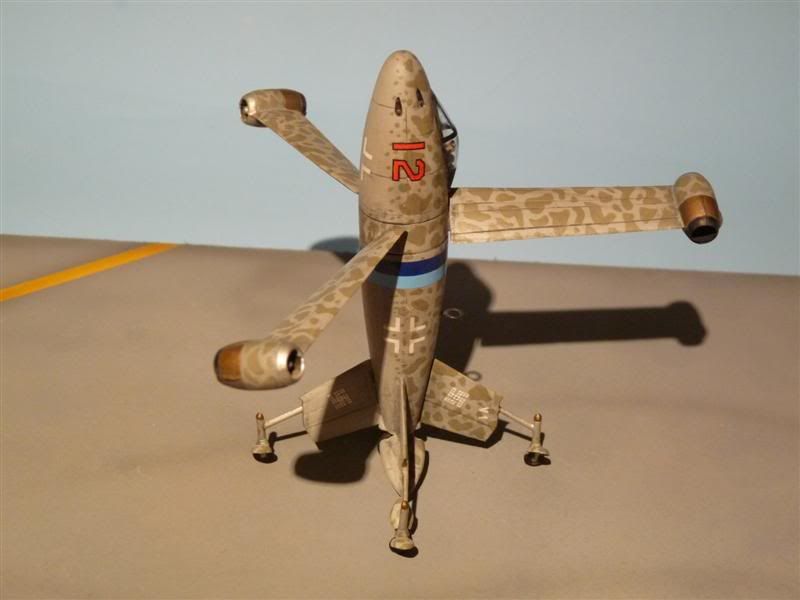If you’re looking at physically discernible traits in posterity (i.e., the baby boom generation), I’d say they would require considerable epigenetic or even genetic alterations in the parents (i.e., the people living there at the time). That’s not a very likely effect from such levels of pollution. If anyone was affected in any way, it seems more probable that their overall health would suffer to some degree, but it would probably be difficult to attribute that to any specific factor. An extensive epidemiological study may be able to demonstrate some effects, but I don’t know whether anybody has done one.
Also, it’s uncertain how much of the oil even reached the beaches or the fishing grounds. It seems obvious that the marine ecosystem could handle less oil, over a much longer period of time, and at various locations, much better than the massive BP spill. So a lot of that WWII tanker oil may have evaporated, or sunk to the bottom, or gone down with the ship and slowly dissipated.
I don’t think that the war itself would have played a major role in deciding to either clean up or ignore any oil that may have landed on the beaches. If the oil would have arrived in a town like, say, Biloxi, then people would have probably cleaned it up because it posed a direct threat to the livelihood of the local fishermen. On the other hand, if it would have landed in a remote location, it would likely have been ignored, simply because environmental awareness was not exactly a major concern in the 1940’s, war or no war.
In each case, I’m only speculating - we’d need to look for contemporary reports to know the truth.
And of course, the petroleum flavor does little for the shrimps, so I don’t think too many were eaten. :-)








